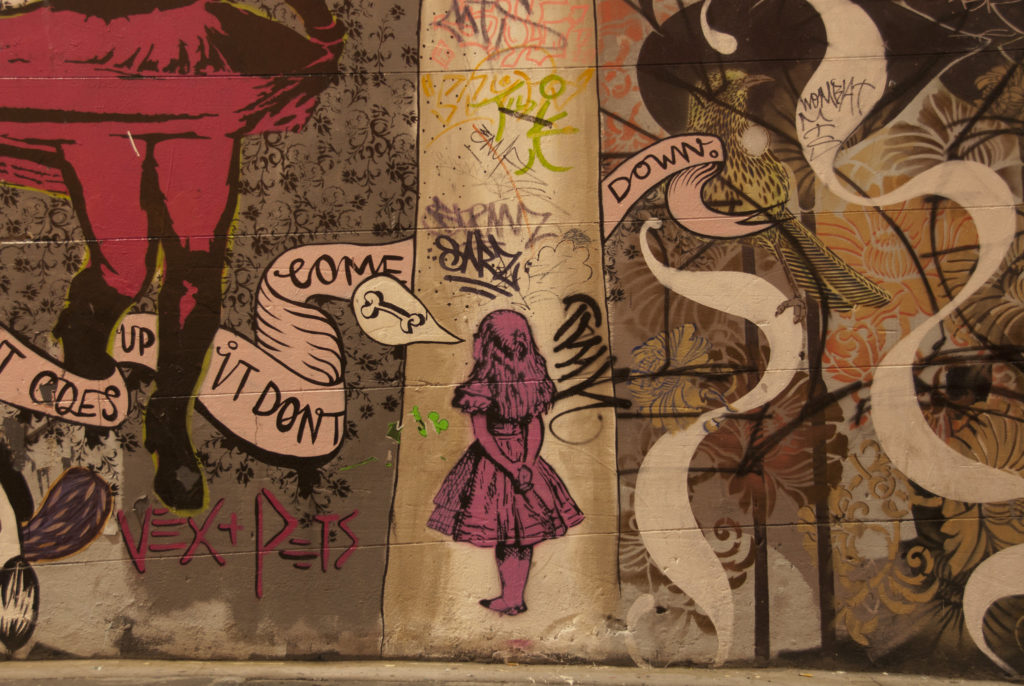Restorative approaches to supporting people after care harm
Closing their book “Mistakes Were Made (but not by me)” Tavris and Aronson write “in the final analysis, the test…of an individual’s integrity does not depend on being error free. It depends on what we do after making the error”. The converse of making an error or otherwise getting something wrong in medicine is, for patients, dealing with having been badly let down.
It is true that we tend to judge people by how they behave when they’ve done something that turns out badly, and also when wrong is done to them.
But how people behave is not just a matter of moral character. It is also a matter of moral skill. Few people have an innate understanding of what to do for the best after a serious incident or medical mistake.
And – as Tavris and Aronson show – even professionals of undoubted integrity struggle with the psychological impact of making a serious mistake, using denial and self-justification to assuage their guilt.
I developed Restorative Review as a way of supporting people when things go wrong in the course of providing or receiving medical care. The aim was to supply an opportunity to talk about difficult moral topics – such as shame, guilt and forgiveness – when relationships of trust are called into question.
There are two sides to error – those who make the error and those affected. When medical errors result in harm, there is obviously physical harm. But the psychological repercussions can have a devastating effect that goes on to affect both parties to the error, and also those around them.
The converse of making an error or otherwise getting something wrong in medicine is, for patients and their supporters, dealing with having been badly let down. This is an incredibly hard feeling to admit to and to live with. Being let down can bring the feeling that you have been diminished, have lost value, are lesser, somehow, than you thought you were. Belittled. Who wants to acknowledge that to themselves?

“Alice in Wonderland” by whale05 CC BY 2.0
I no longer provide one to one support (I have kept this post on Restorative Review as a reference point) but focus instead on advocating for, and helping to design, appropriate supportive provision for both professionals and patients.
It is particularly difficult for patients to get professional support following health care harm, but two qualified counsellors who do specialise in this area are Linda Kenward and Maureen Tuitt.
Why ‘Restorative Review’?
‘Restorative Justice’ brings two parties into dialogue after one has wronged the other. But what if one of the parties either cannot or will not participate? Could having an opportunity to talk about the moral dimensions of doing wrong or being done wrong – without the other present – nevertheless be of value? I believe it can make a difference to both professionals and patients, but each has different needs.
My first aim, when I thought about supporting professionals, was to help them act with grace and kindness to patients, their supporters, and to themselves. This is not easy in the aftermath of serious error. (A much cited account of what professionals experience is by Scott and colleagues, on open access in BMJ Quality and Safety) A long term aim behind providing support to professionals is to make medicine safer by promoting candour, compassion, and constructive responses to performance concerns, patient complaints and medical harm.
Listening to patients and their loved ones (especially in the awful cases of patients who had died) our conversations suggested they needed a space to talk about ‘unacceptable’ feelings that are not about making care safer for others, nor part of complaints processes, nor spoken of in clinical negligence claims. These difficult, sometimes buried feelings, included self-blame, the sense of belittlement I wrote about above, complete loss of trust in the system including loss of trust in those whose job was supposedly to help them, disappointment, frustration, resentment, anger and despair.
Restorative Review drew on research evidence and insights from diverse fields including moral philosophy, social pychology, conflict resolution, bereavement counselling, and world faiths. It was offered as one-to-one support, and had affinity with both coaching and mediation. However, the focus was always on how deep moral values and moral experiences influence our feelings and behaviour, sometimes in unexpected ways.
Depending on what was needed we would look closely at the powerful moral stories, emotions and expectations that surround medicine, and what happened when professional expertise was called into question in some way.
Moral stories and associated feelings play a significant role in shaping how people respond to troubling events.
On the professional side they can underpin helpful moral behaviours such as listening, apologising, being accountable and demonstrating understanding when people are hostile to you. But they can also also underlie negative behaviours such as destructive self-blame, denial, recrimination, perfectionism, and scapegoating. On the patient and supporter side, personal moral histories give rise to powerful expectations about how people should and should not behave towards you, what should and should not be done, and what it means to you when such expectations are not met.
You can read a a powerful account by ‘Jasmine’ about how she felt both supported and liberated through her experience of restorative review here.

Girona – Collegiate church of St Feliu by Josep Bracons CC-BY-SA-2.0
